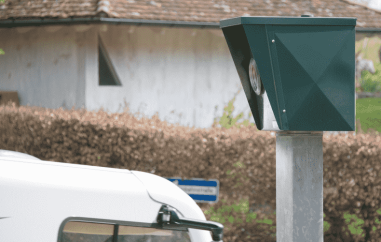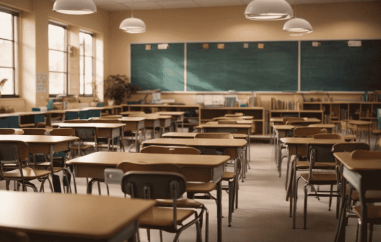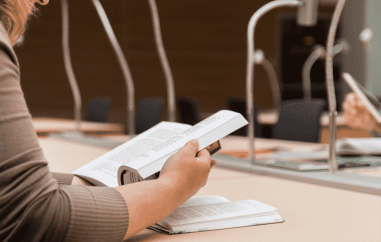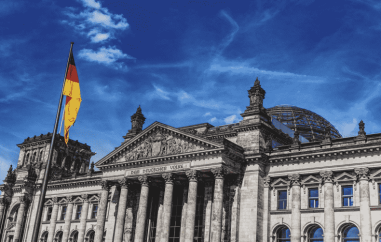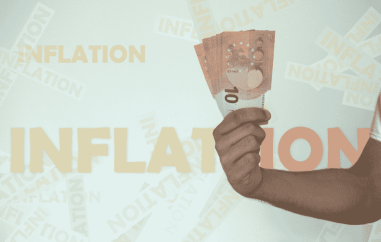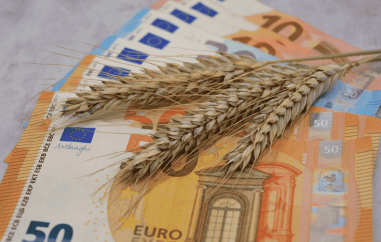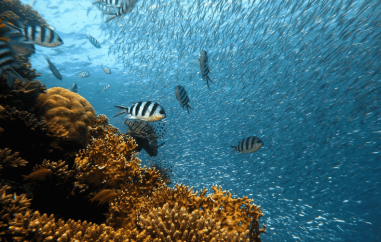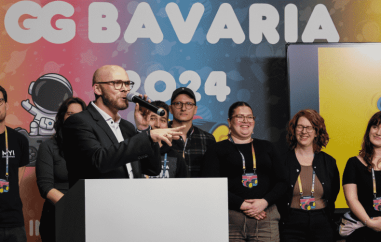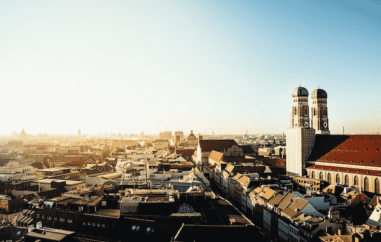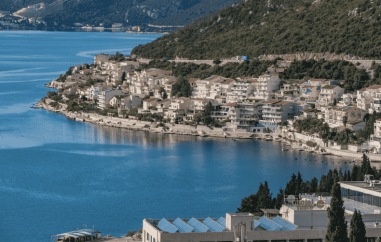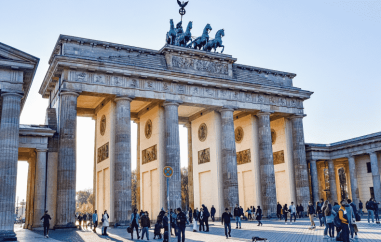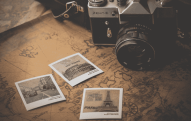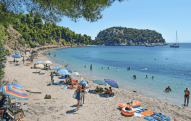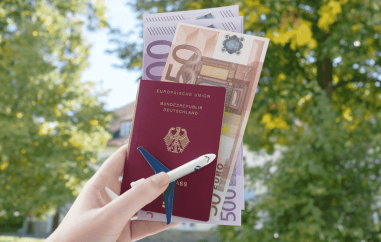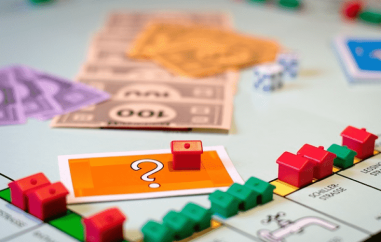Ukraine, a country on the border (part 2)
Part two of a five-part series that looks at Ukraine, co-host of the 2012 European Football Championships, from a historical, political and cultural perspective.
Part I - Ukraine, the early years and the beginnings of its sex trade
Part II - Ukraine and its troubled relations with Poland
Part III - Ukraine and its big brother, Russia
Part IV - Golden Age and the 20th Century
Part V - Ukraine - Munich connection
Kyiv is the English translation for the Ukrainian word. The Russian translation is Kiev.
For part I of this series please click here
Part II - Ukraine and its troubled relations with Poland
Lithuania-Poland
After the loss of Kyiv in 1240, the Rus' moved westward as it appeared to be safer than the open steppes to the east. And for the first 100 years or so they were correct. But in the early part of the 14th Century, Lithuania began expanding to the south and east eventually annexing all of the old Rus' lands by 1370. But this put them into direct conflict with the other two large powers in the region which were also beginning to flex their muscles, Poland and the Muscovites. The Muscovites had been busily consolidating their power to the north and east of Kyiv, but it is an incredibly large amount of territory and took quite some time to do so. The Poles on the other hand were feeling pressure from different Germanic tribes to their west and Teutonic Knights to the north, so they began to look for ways to move to the east.
One of the more interesting aspects of the Polish political system of that time was the idea that though they had a king at the head of the state, he was elected by the nobles, and they actually controlled the strings of power and set the state's foreign policy. In 1385, after about 30 years of fighting between Lithuania and Poland, the Treaty of Krewo was signed, making the Lithuanian king the head of the two countries. But the Polish nobles, who still controlled everything, were able to put into the document a little piece that stated that all of the old Kyivan Rus' lands were by right now Polish lands. And so began the nearly 600 years of dispute for the two provinces Galicia and Volhynia between Poland and Ukraine which would shape their histories, as well as, cause much suffering for both.
The conflict between Poland and the remnants of the Rus', which were now known as the Ruthenians, also introduced another aspect which is always the most complicated-religion. The Kyivan Rus' had converted to Christianity in or around 988, but it was of the Orthodox variety, and they had done so as much for political reasons as for anything else. The Poles were staunch Roman Catholics, and the church in Rome was very eager to expand eastward now that Constantinople's end was within sight. So the Poles had much better organization than the mostly rural Ruthenians, because their spiritual (and financial) backers were still extremely powerful and the Ruthenians church (Orthodox) was waning. Also, this Polish move eastward created another important piece of Ukrainian culture which today is still synonymous with Ukraine, the Cossacks.
A fateful decision
The Cossacks' development began in the far eastern parts of present day Ukraine, where it was sparsely populated because it was dangerous, mostly from the constant threat of raids from the Tartars in Crimea and other nomadic peoples who appeared from time to time. The Cossacks were freemen, who lived their life as if it were one big adventure, sleeping in the saddle, robbing the caravans that passed through, embellishing their exploits over strong drink, sweet music and torrid dancing and generally making few plans for the future. But after some time, their military prowess and remoteness allowed them to build up and become an important player in the region. They built up fortified communities (sich) along the eastern frontier and therefore were looked at by the Polish nobles as an integral 'first line of defence' against the Tartars and other nomads. A sich was the center of life for Cossacks where they came to rejuvenate after long stretches on the steppes. Most sichs had food and fodder to last months. The Cossacks' most famous sich was on the island of Khortytsia, in the Dnepr River near some falls, and was the location that most of their major decision making took place. It is also interesting to note that the Cossacks practiced a very rudimentary form of democracy, where the leader (hetman) was elected by his peers. But the Poles did want at some point to accumulate the Cossacks' lands and (hopefully) incorporate them into a greater Poland. Though the Cossacks recognized the Polish king, they would only do so as long as they were freemen and not serfs. The Polish registered a fixed amount of Cossacks, allowing them to retain their full rights within the Polish Kingdom. Periodically the Cossacks would revolt against some 'tightening of the screws' that the Polish nobility seemed to attempt every generation or so, each time the Poles learning their lesson that the Cossacks were not to be fenced in.
And then, in 1648, the history of countless countries was to change forever. Bohdan Khmel'nyts'kyi was one of those figures who arises from inauspicious beginnings to dominate a period and place without any logical foreshadowing. After receiving a Jesuit education, he later fought in the Polish army and was known as a brave and honest man. But the Poles continued to annex lands of Cossacks who were unable to show the correct documentation (or, even in instances when they could, it mattered not) that they were in fact registered gentry. In 1647, his son was brutally whipped and his wife tossed around roughly by some henchmen of a local Polish noble, and they both succumbed to their injuries. His pleas for justice in the Polish courts and in front of the king fell on deaf ears. The fuse was lit. The ensuing few years led to the eventual destruction of the Polish state. Even today, his name is one of the most divisive in that region of the world. The Poles and Jews (some Jews refer to his cleansing of the land as the first Holocaust) think of him as a ruthless enemy. For the Muscovites (Russians), however, he is considered a hero, as he helped unite Ukraine and Russia under one banner (For more on the relationship between Russia and Ukraine read part III of this series), connecting the little brother back to the big brother.
By this time other Ukrainian hetman had begun uprisings against their Polish oppressors (and Jewish communities), and before long there were revolts all along the Polish eastern frontier. It soon spread westward and Khmel'nyts'kyi tried to negotiate with the Poles, but to no avail. Instead they sent out a very strong army which he and his new Ottoman Turk allies defeated soundly. He thought he had attained all that he wanted, but the other hetman believed that Kyiv could now break free from Poland and return to the glory days of the Kyivan Rus'. They could practice their Christian orthodoxy and speak their Ruthenian language in their own king's court. So after many years of fighting in an ebb and flow pattern, the Poles were able to lock up assistance from other Roman Catholic kings (Habsburgs) and begin to exert extreme pressure on Khmel'nyts'kyi, threatening his very existence. So in 1654, Khmel'nyts'kyi signed a pact (Agreement of Pereiaslav) with Russia, swearing an allegiance to the tsar. Poland was soon summarily defeated, and Moscow, not Warsaw, became the most important city in Eastern Europe. Poland was doomed to be partitioned by the larger powers around her, Prussia, Russia and the Austrian Habsburgs, only becoming a state again for good after the conclusion of the Second World War.
Co-hosts of a tournament
After so much discord and conflict it would seem that Poland and Ukraine would be uneasy neighbors and on some fronts, admittedly, this is so. Though the killing and strife continued well into the 20th Century (For more on the 19th and 20th Century in Eastern Europe read part IV). But most of the tension between the two countries is on a purely political level. Since Poland is the eastern border of the EU, and they want to make sure they show Brussels that they can maintain strict control by not allowing a flood of undocumented persons or contraband, there can be bit of tension at the border crossings. Though the Ukrainian border guards are notorious for earning some extra money from the travellers who pass through, the Polish guards there are beyond reproach.
For the people of Ukraine and Poland there is a connection which is very close, in fact, linguistically speaking, Polish and Ukrainian are more similar than Ukrainian and Russian. And in Russia, there is a common enemy (at least for western Ukrainians, in the east it is a bit more complex) which both countries can place a heap of blame upon. Visas are given periodically to Ukrainians for up to three months without much red tape, and many Poles have extended their businesses into Ukraine. For Poland they see in Ukraine a chance to regain some of their lost glory, and eventually gaining a large market for its finished products. They hope by showing Ukraine that with good honest governance Ukraine can begin to reach some of the potential for which such a large and rich land is possible.
By demonstrating this to Ukraine and re-orienteering them to the West rather than in their traditional eastern direction, Poland hopes that working together these two equal brothers can once and for all thwart any designs that the bigger brother, Russia, has on the region and which still lurks in the subconscious of many in these two countries. The two hosts of the European Championships 2012 will forever be etched in the world's collective memory as two parts of a whole, similar to Austria-Switzerland of 2008. The big hope is that after the tournament the two co-hosts can begin to work together on many other important issues and that politically the two governments can be reconciled in much the same way the people of both lands already have.
Michael V Owens lived in Ukraine for a year and was a professor of English at Kyiv International University. His father is from Dneprpetrovsk and his wife just outside Kolomyia, Ivano-Frankivsk oblast.
